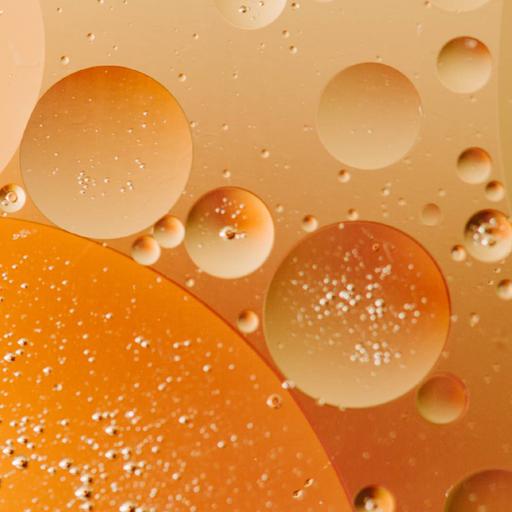Emulsion
Presentations | English
In Chemistry what is Emulsion? A colloid is a mixture in which one substance of microscopically dispersed insoluble particles is suspended throughout another substance. Some colloids are translucent because of the Tyndall effect, which is the scattering of light by particles in the colloid. The types of colloids include emulsion, foam, and aerosol. An emulsion is a stable dispersion of two or more immiscible liquids held in suspension by small percentages of substances called emulsifiers. Emulsions are part of a more general class of two-phase systems of matter called colloids. There are two basic types of emulsions: oil in water and water in oil. Applications of Emulsions include Concentration of ores in metallurgy, in medicine (Emulsion water-in-oil type), Cleansing action of soaps, Milk, which is an important constituent of our diet an emulsion of fat in water, and Digestion of fats in the intestine is through emulsification.

Free
PPTX (31 Slides)
Emulsion
Presentations | English
